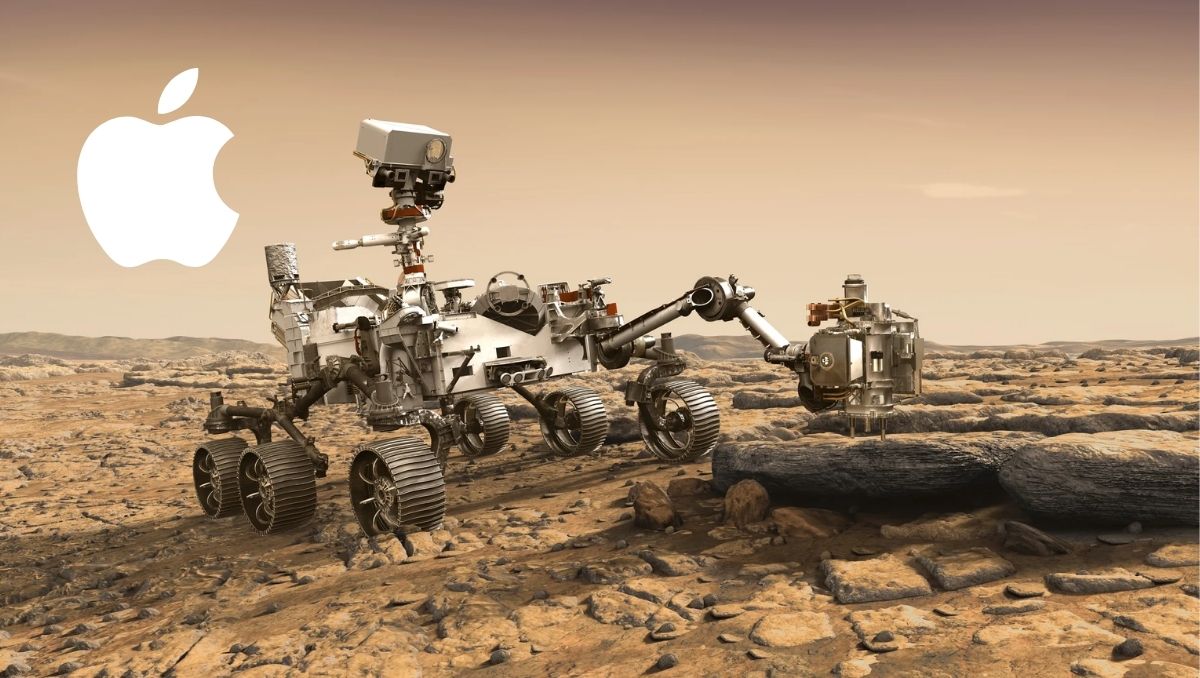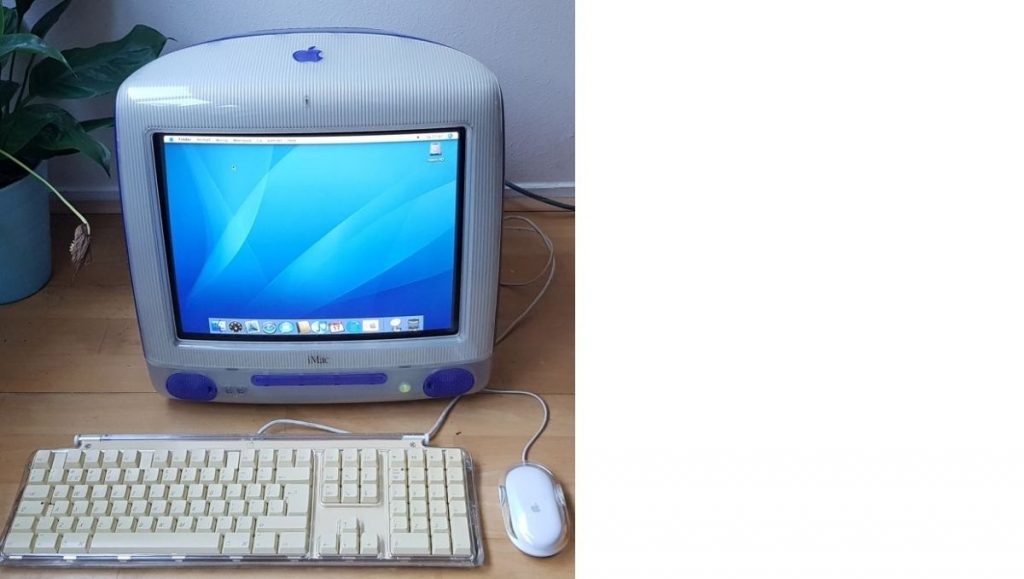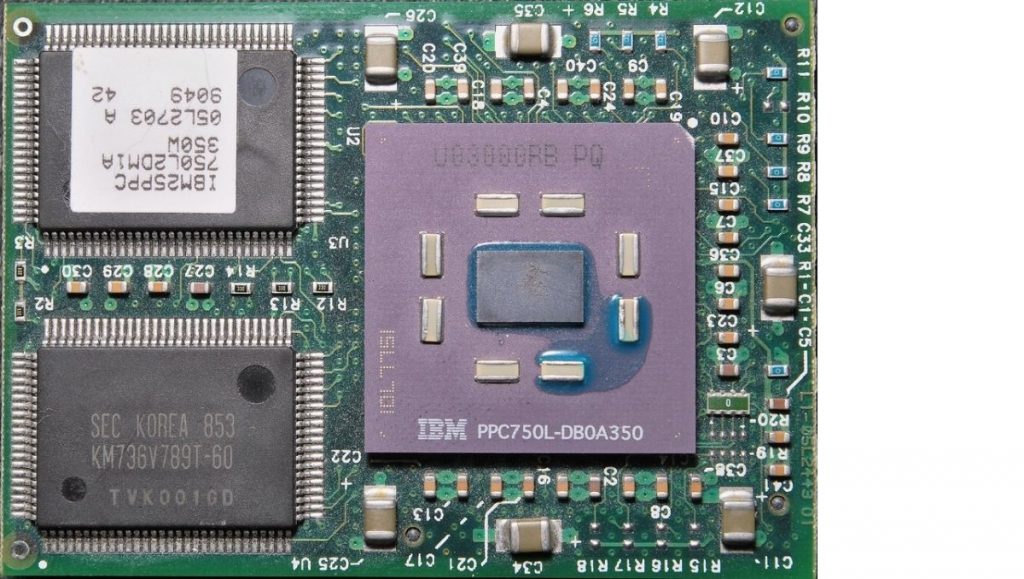
Last month, the Perseverance rover landed on Mars and proved that decades of countless efforts that went into improving space aviation didn’t go in vain. Until the touchdown on the surface of Mars, known as “7 Minutes of Terror,” the landing period of the rover were some of the “brutal and nerve-wracking minutes in space aviation history, but this is just the beginning for Perseverance,” said Al Chen of JPL (Jet Propulsion Laboratory).
That said, Perseverance’s landing on the red planet wasn’t just the result of NASA’s technology but also the open-source software like Linux used in Ingenuity. It’s a small helicopter tucked inside the belly of the rover. Ingenuity will be the first time an aircraft will fly in the martian atmosphere.
Perseverance Rover: Did NASA Use High-End Components?
Many people often question the components inside these rovers might be highly advanced and expensive, but that’s not true.
Ingenuity’s powered by an almost 8 years old ARM-based chipset called Snapdragon 801 from Qualcomm, used in the OnePlus One.

Perseverance uses a 23-year-old CPU called PowerPC 750 from Apple’s iconic iMac G3, launched in 1998 when Apple was all set to revolutionize modern computing.
The PowerPC 750 is a single-core CPU that runs at 233MHz, which comes nowhere near modern electronics processors’ power. The reason why they chose to go with the same is because of its efficiency.

PowerPC 750 was the first processor to come equipped with dynamic branch prediction. For starters, using the dynamic branch prediction, the processor guesses instructions to follow next based on the previous instructions. Modern processors use this method, and hence, they perform efficiently.
However, the catch is that the rover’s processor is not exactly PowerPC 750 but rather an improved version of RAD750. It’s made to withstand immense radiation of 200,000 to 1,000,000 Rads. It can also withstand temperatures between -55 to 125℃ or -67 to 257℉.
The reason for this is; Earth has an Ozone layer to protect is from the harmful ultra-violet radiation from the Sun. In contrast, just one glance of sunlight on Mars and the rover is done for.
If you want to know more about Ingenuity or the software and hardware components used inside it, do make sure to read our article about the same.
The post Here’s Why NASA Perseverance Rover Is Powered By A 23 Yr Old CPU appeared first on Fossbytes.
from Fossbytes https://ift.tt/3sKfVnX
via IFTTT



0 comments:
Post a Comment